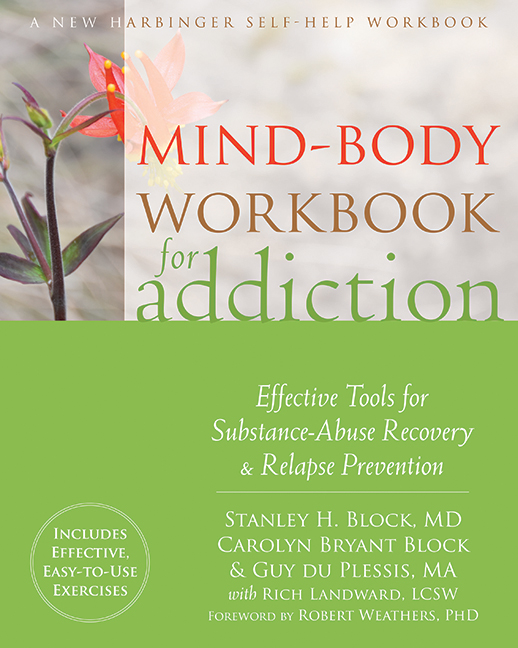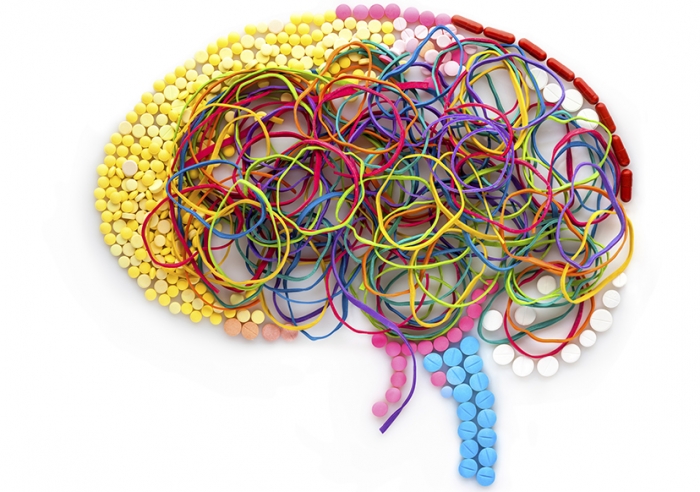Mind-Body Bridging, a new therapeutic technique, offers a radical way of treating and understanding addiction. This technique is based on the premise that the mind-body state which drives habitual substance abuse is the result of the over-activity of a system in the mind and body called the I-System. The I-System is either active (on) or at rest (off). Fortunately, the I-System can be switched off using the application of Mind-Body Bridging. When the I-System is switched off, we are able to connect with our innate source of power and healing. Using this technique, there is no longer powerlessness over substance abuse, but choice.
What is the I-System?
The I-System is an operative process in the mind-body that regulates and maintains the integrity of internal representations that are clustered, moment-to-moment, and experienced as self-identity. This constructed self-identity is given phenomenological continuity by what are called “requirements.” Requirements are rules generated moment-to-moment by the I-System. These requirements are our concepts of how the world, self and others should be, which sustain the cohesiveness of our self-identity through time. When our self, others, or the circumstances of the world around us fails to live up to these requirements, the cohesiveness of the self-identity is threatened, and painful affect states result. The I-System reacts in turn to counteract painful affect states to maintain the homeostasis of self-identity.
Addiction as a Temporal Mode of Being
When the I-System is active, it not only affects the mind and body, but also behavior. The I-System limits behavior to certain predictable and habitual patterns. With individuals who have addictions, their I-System has shaped a particularly limited and contracted way of life, marked by habitual substance use and loss of control. Therefore, addiction is best understood as a mode of being (or mode for short), meaning that it is a more limited and habitual way of existing, relating, and living.
The On/Off Addiction Switch
The theory that addiction is a brain disease is a widely held notion in the fields of addiction studies and treatment. Viewing addiction through the lens of Mind-Body Bridging provides a unique perspective of the role of dysfunctional neurophysiology. Adherents of the brain disease model understand addiction as a chronic condition of a dysfunctional brain. In contrast, Mind-Body Bridging sees the phenomenological experience of addiction and addictive behavior as a temporal condition of altered brain functioning. Simply put, this view holds that although addiction affects and is influenced by alterations in brain functioning, this dysfunctional brain state is only present when your I-System is active.
Mind-Body Bridging is a set of techniques whereby the individual learns how to reduce or switch off the activity of the I-System. When the I-System is resting, the brain is no longer hijacked by dysfunctional neurophysiology, but is part of a unified and natural functioning mind-body state. On the surface, it might appear as a mere technical nuance, but this point of view has significant consequences for addiction treatment professionals and individuals in recovery. The brain disease model proposes a type of chronic condition that can be only be managed; Mind-Body Bridging, on the other hand, proposes that this dysfunctional brain state (addicted mode) can be switched off in the here-and-now, and natural functioning can be achieved quickly. This approach moves away from a biological deterministic view of addiction, but rather points out that individuals have the capacity to choose which brain state they would like to inhabit (addicted mode or natural functioning).
See Also: What You Can Do About Your Parent's Addiction
Five Things Your Addicted Client Wants You to Know
 This article is based on the Mind-Body Bridging techniques outlined in the Mind-Body Workbook for Addiction.
This article is based on the Mind-Body Bridging techniques outlined in the Mind-Body Workbook for Addiction.
The Mind-Body Bridging Substance Abuse Program, as outlined in the Mind-Body Workbook for Addiction, was recently certified as an evidence-based intervention by The Substance Abuse and Mental Health Services Administration (SAMSHA), and listed on the National Registry of Evidence-based Programs (NREPP). For more information, visit www.mindbodybridging.com.
Want more tools on mental health and wellness? Sign up for our mailing list.


 2024 Peace Playbook: 3 Tactics to Avoid Clashes with Your Partner
2024 Peace Playbook: 3 Tactics to Avoid Clashes with Your Partner